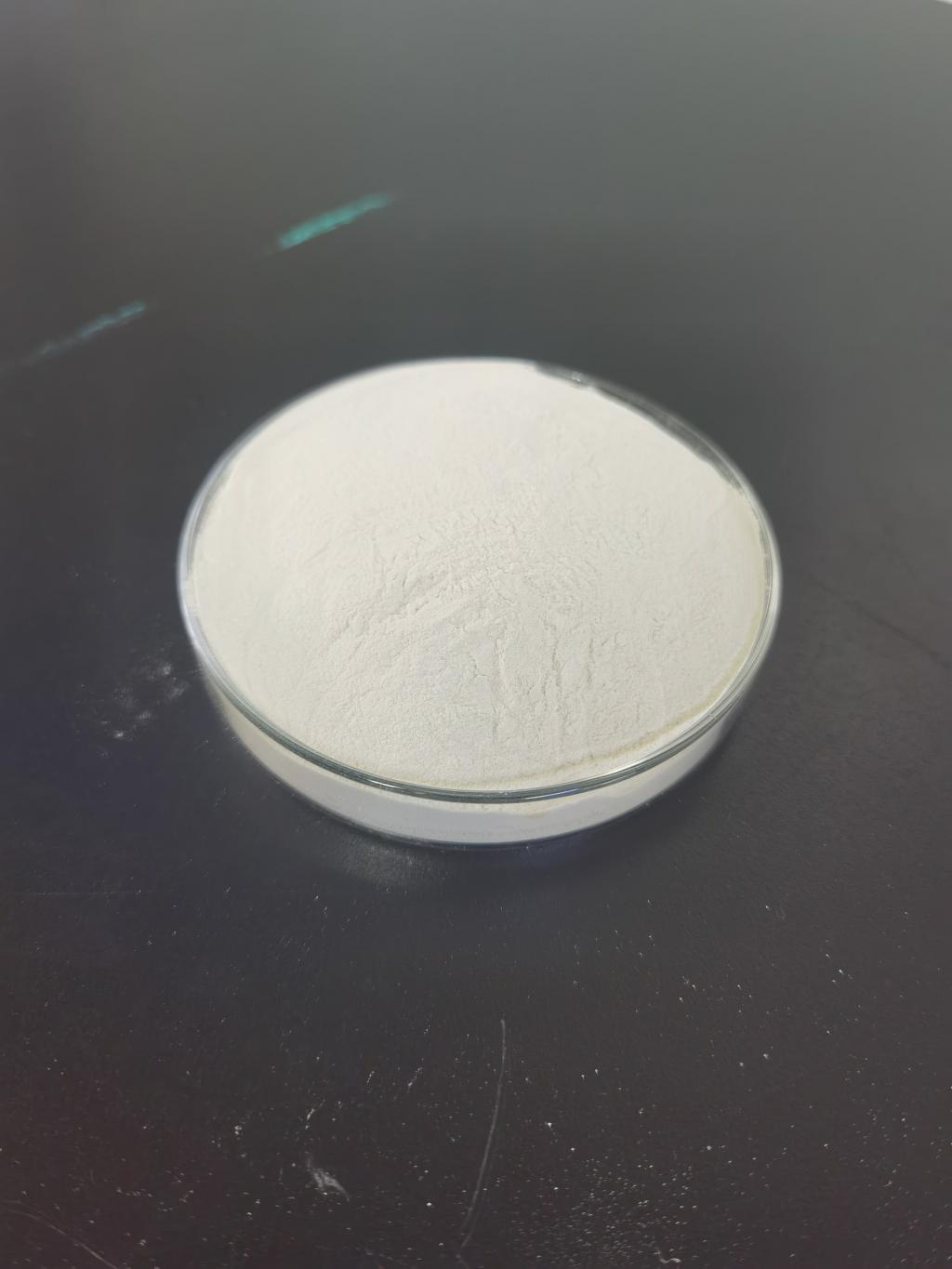Tel:+8618231198596

News
 CONTACT
CONTACT
 CONTACT
CONTACT
- Linkman:Linda Yao
- Tel: +8618231198596
- Email:linda.yao@dcpharma.cn
- Linkman:CHARLES.WANG
- Department:Overseas
- Tel: 0086 0311-85537378 0086 0311-85539701
News
Nisin and Cancer Research: Examining its Anti-Tumor Properties
TIME:2023-12-01
1. Nisin Overview:
Nisin, initially recognized for its role as a natural antimicrobial agent in food preservation, belongs to the family of lantibiotics—peptides with unique structures and potent antibacterial properties. Produced by certain strains of bacteria, particularly Lactococcus lactis, nisin has gained attention not only for its ability to combat bacteria but also for its unexpected impact on cancer cells.
2. Antimicrobial Action and Beyond:
The primary mode of action for nisin involves disrupting bacterial cell membranes, leading to cell death. However, studies have increasingly unveiled its broader effects, including interactions with eukaryotic cells, such as those found in humans. This revelation opened the door to exploring nisin's potential in combating cancer, a disease characterized by uncontrolled cell growth.
3. Nisin and Apoptosis:
One of the key mechanisms through which nisin demonstrates its anti-tumor properties is by inducing apoptosis—a programmed cell death essential for maintaining cellular homeostasis. Research has shown that nisin triggers apoptotic pathways in cancer cells, prompting them to undergo self-destruction. This unique feature positions nisin as a potential targeted therapy for specific types of cancers.
4. Impact on Cancer Cell Proliferation:
Beyond apoptosis, nisin has been found to exert inhibitory effects on the proliferation of cancer cells. Experimental studies across various cancer types, including breast, colon, and prostate cancer, have demonstrated that nisin can impede the growth and division of cancerous cells. This anti-proliferative action is crucial in controlling the spread of tumors within the body.
5. Anti-Inflammatory Properties:
Chronic inflammation is closely linked to the development and progression of cancer. Nisin, in addition to its direct effects on cancer cells, exhibits anti-inflammatory properties. By modulating the inflammatory microenvironment, nisin may contribute to creating an unfavorable milieu for tumor growth, adding another layer to its potential in cancer therapeutics.
6. Synergy with Conventional Treatments:
An exciting aspect of nisin's anti-tumor properties is its potential synergy with conventional cancer treatments. Studies have suggested that combining nisin with chemotherapy or radiation may enhance the efficacy of these treatments while potentially minimizing their side effects. This opens avenues for developing comprehensive and synergistic cancer therapies.
7. Targeting Cancer Stem Cells:
Cancer stem cells, a small subset of cells within tumors with the ability to self-renew and differentiate, are implicated in tumor initiation and recurrence. Nisin has shown promise in targeting these cancer stem cells, potentially disrupting the root cause of cancer and reducing the likelihood of relapse after treatment.
8. Preclinical and Clinical Studies:
While much of the evidence supporting nisin's anti-tumor properties comes from preclinical studies conducted in vitro and in animal models, there is a growing interest in translating these findings to clinical settings. Early-phase clinical trials exploring nisin's safety and efficacy in cancer patients are underway, providing a glimpse into its potential as a therapeutic agent.
9. Safety Considerations:
Safety is a paramount concern in any potential cancer therapy. Nisin, with its history of safe use as a food preservative, presents a favorable safety profile. However, rigorous evaluation in clinical trials is essential to confirm its safety in therapeutic doses and potential interactions with other cancer treatments.
10. Challenges and Future Directions:
Despite the promising findings, challenges remain in the development of nisin-based cancer therapies. Optimizing delivery methods, determining the most effective formulations, and identifying the specific types of cancers that respond best to nisin are areas that require further exploration. Collaborative efforts between researchers, clinicians, and pharmaceutical industries will be instrumental in overcoming these challenges.
Conclusion:
Nisin's journey from a food preservative to a potential player in cancer research is a testament to the multifaceted nature of scientific discovery. As investigations into its anti-tumor properties progress, the prospect of nisin as a targeted and complementary therapy in the fight against cancer is becoming increasingly tangible. The collaboration between microbiologists, oncologists, and researchers from diverse fields holds the key to unlocking nisin's full potential and reshaping the landscape of cancer treatment. In the quest for innovative and effective therapies, nisin emerges as a compelling candidate, offering a glimpse into a future where natural compounds play a pivotal role in conquering one of humanity's most formidable foes.
- Tel:+8618231198596
- Whatsapp:18231198596
- Chat With Skype







